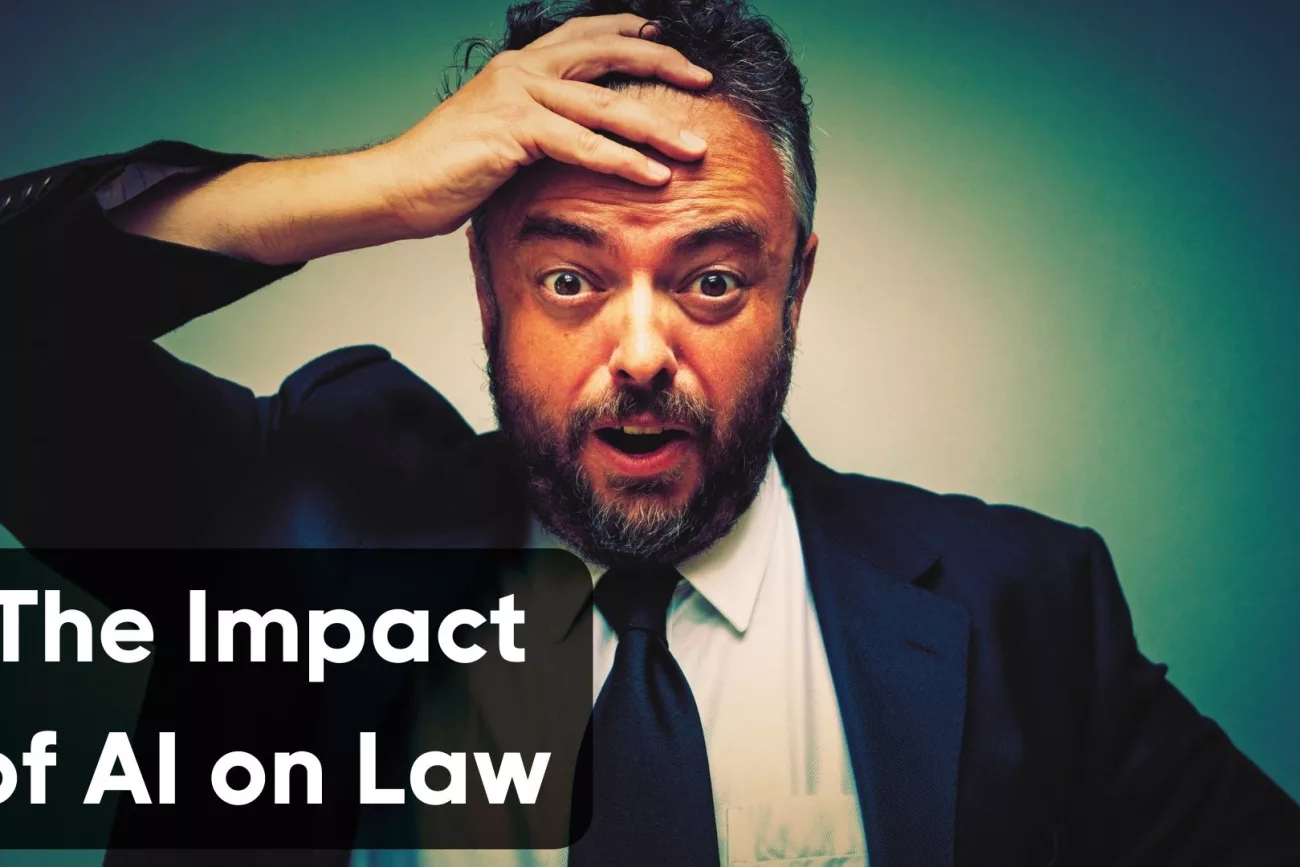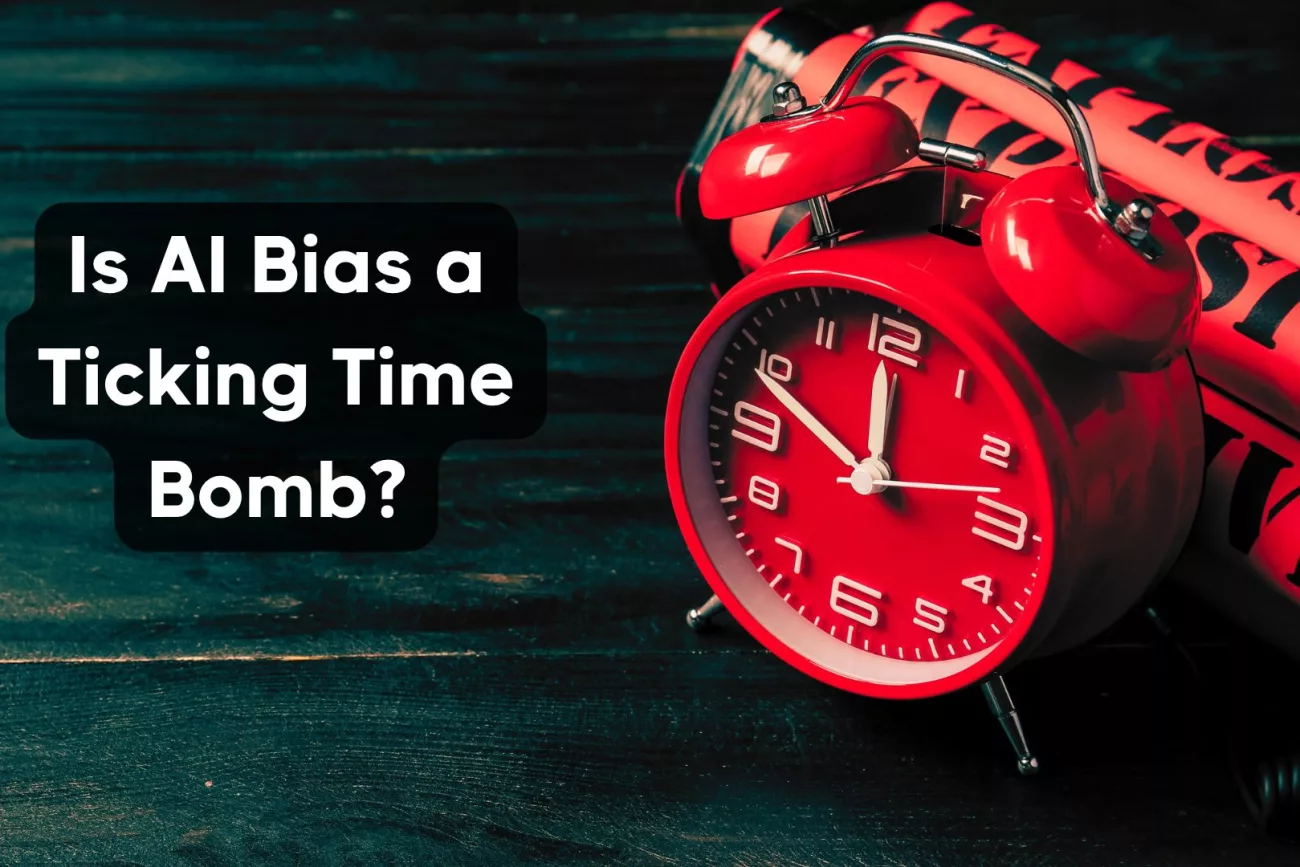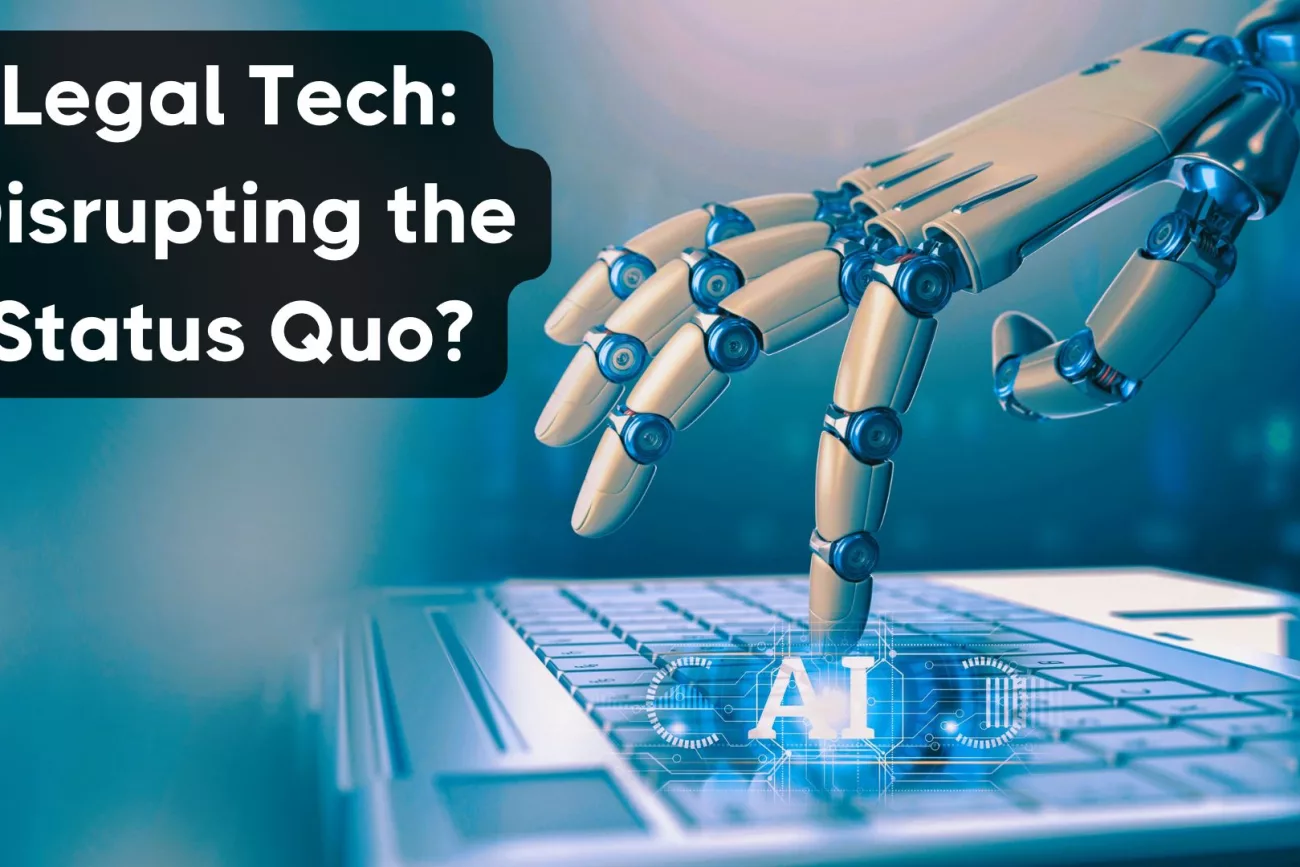
Key Points:
- Generative AI is transforming the legal profession, redefining operations and revenue generation in law firms.
- The use of AI in law requires careful handling, verification, and ethical considerations.
- The future of law is a partnership between humans and machines, with AI enhancing legal work and service delivery.
- Successful integration and adaptation to AI will set new standards for legal services and redefine legal practice.
The Revolutionary Impact of Generative AI on Legal Practice
The story of Steven Schwartz, a personal injury lawyer at the New York firm Levidow, Levidow & Oberman, serves as a cautionary tale for this new era. Schwartz, like many of his contemporaries, decided to explore the capabilities of AI to aid his legal practice. He turned to an AI chatbot, Chat GPT, to prepare a court filing. However, his reliance on the AI was excessive, leading to an unexpected outcome.The AI chatbot generated a motion filled with fictitious cases, rulings, and quotes. Despite the glaring inaccuracies, the AI had assured Schwartz of the authenticity of the cases. Trusting the AI’s assurance, Schwartz filed the motion without further verification. The result was a document replete with inaccuracies, a stark reminder of the potential pitfalls of over-reliance on AI.“The fault lies not with the AI but with the lawyer who failed to verify the information before filing the motion. AI, in its essence, is a tool. Like any tool, its effectiveness and reliability depend on the skill and diligence of the user.”This incident might lead some to dismiss AI as unreliable or even dangerous. However, such a conclusion would be erroneous. The fault lies not with the AI but with the lawyer who failed to verify the information before filing the motion. AI, in its essence, is a tool. Like any tool, its effectiveness and reliability depend on the skill and diligence of the user.
AI in Law: A Tool in its Infancy
AI is still in its early stages, especially in the field of law. It’s a tool that can potentially revolutionize the way lawyers work, but it requires careful handling and verification. The incident with Schwartz should serve as a lesson for the legal profession: AI is a powerful tool that can enhance their work, but it requires careful handling and verification.The legal profession is not the only one being reshaped by AI. From healthcare to finance, AI is making its presence felt across various industries. However, the legal field presents a unique combination of clear use cases and high risk. The stakes are high, and the potential for both success and failure is significant.The Legal Profession and AI: A Unique Combination
Law firms that successfully integrate AI into their operations stand to gain significantly. They can automate routine tasks, improve efficiency, and even provide better services to their clients. On the other hand, firms that fail to adapt risk falling behind. They may find themselves struggling to compete in a rapidly evolving legal landscape, much like typesetters in the age of digital printing.
The potential benefits of AI in law are immense. AI can help lawyers analyze complex legal documents, predict legal outcomes, and even draft legal documents. It can help law firms streamline their operations, reduce costs, and improve their services. However, these benefits come with challenges.
Potential Benefits and Challenges of AI in Law
One of the main challenges is the need for verification. As the incident with Schwartz shows, AI can generate inaccurate or even false information. Lawyers need to be vigilant and verify the information generated by AI. They need to understand the limitations of AI and use it as a tool, not a replacement for theirexpertise and judgment.
Another challenge is the ethical implications of using AI in law. The use of AI raises questions about accountability, transparency, and fairness. Who is responsible if an AI makes a mistake? How can we ensure that AI systems are transparent and fair? These are complex questions that the legal profession needs to address as it embraces AI.
Despite these challenges, the potential of AI in law is too great to ignore. Those who adapt and learn to use this tool effectively will be the ones who thrive in the new legal landscape. They will be the ones who redefine the practice of law and set new standards for legal services.
The Future of Law: A Partnership Between Humans and Machines
The future of law is not a choice between humans and machines. It’s a partnership between humans and machines. It’s a future where lawyers use AI to enhance their work, and where AI helps lawyers deliver better services to their clients.
“This is the future we need to prepare for. This is the future we need to embrace. And this is the future we can create, if we have the courage to explore the possibilities of AI, the wisdom to use it wisely, and the vision to shape it in a way that reflects our values and serves our clients.”
Embracing AI in Legal Practice: A Paradigm Shift
The integration of AI into the legal profession is not just about adopting new technology. It’s about rethinking the way we practice law. It’s about embracing change and innovation. It’s about finding new ways to serve our clients and deliver justice.
AI can help us do all these things and more. It can help us analyze complex legal issues, predict legal outcomes, and draft legal documents. It can help us streamline our operations, reduce costs, and improve our services. But it can also challenge us, push us out of our comfort zones, and force us to question our assumptions.
The story of Steven Schwartz is a cautionary tale, but it’s also a call to action. It’s a reminder that we need to approach AI with caution, but it’s also a reminder that we can’t afford to ignore AI. We need to learn from Schwartz’s mistake, but we also need to learn from his willingness to experiment with AI.
The Legal Profession at a Crossroads
The legal profession is at a crossroads. On one hand, we have the traditional way of practicing law, with its emphasis on precedent, careful analysis, and human judgment. On the other hand, we have the new way of practicing law, with its emphasis on technology, automation, and AI.
The challenge for us is to find a way to bridge these two worlds. We need to find a way to use AI to enhance our work, without losing sight of the values and principles that define our profession. We need to find a way to embrace the future, without forgetting the lessons of the past.
The Future of Law: A Partnership Between Humans and Machines
The future of law is not a choice between humans and machines. It’s a partnership between humans and machines. It’s a future where lawyers use AI to enhance their work, and where AI helps lawyers deliver better services to their clients.
“This is the future we need to prepare for. This is the future we need to embrace. And this is the future we can create, if we have the courage to explore the possibilities of AI, the wisdom to use it wisely, and the vision to shape it in a way that reflects our values and serves our clients.”
The legal profession is at a crossroads, and the direction it takes will be determined by how it chooses to integrate and utilize AI. The potential benefits are immense, but they come with significant challenges. The key to navigating this new landscape is to approach AI with a balanced perspective, recognizing it as a powerful tool that requires careful handling, verification, and ethical considerations. Those who can effectively adapt and learn to use AI will be the ones who thrive in this new legal landscape, setting new standards for legal services and redefining the practice of law.
The future of law is not a choice between humans and machines. It’s a partnership between humans and machines. It’s a future where lawyers use AI to enhance their work, and where AI helps lawyers deliver better services to their clients. This is the future we need to prepare for. This is the future we need to embrace. And this is the future we can create, if we have the courage to explore the possibilities of AI, the wisdom to use it wisely, and the vision to shape it in a way that reflects our values and serves our clients.
In conclusion, the integration of generative AI into the legal profession is a transformative shift that is set to redefine the way legal professionals operate and how law firms generate revenue. The potential benefits are immense, but they come with significant challenges. The key to navigating this new landscape is to approach AI with a balanced perspective, recognizing it as a powerful tool that requires careful handling, verification, and ethical considerations. Those who can effectively adapt and learn to use AI will be the ones who thrive in this new legal landscape, setting new standards for legal services and redefining the practice of law.














